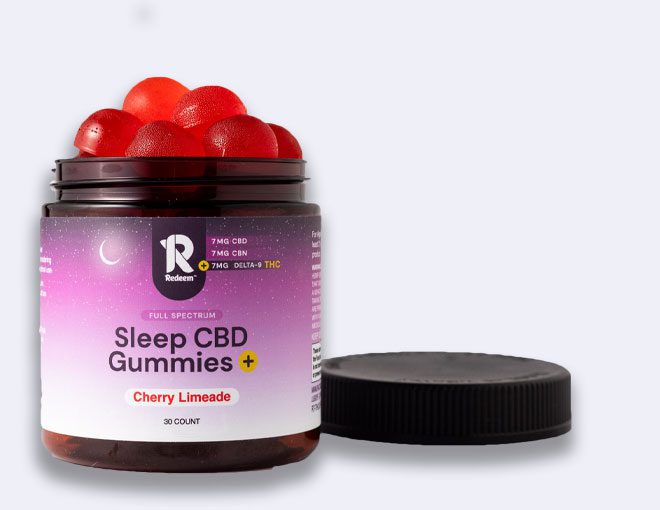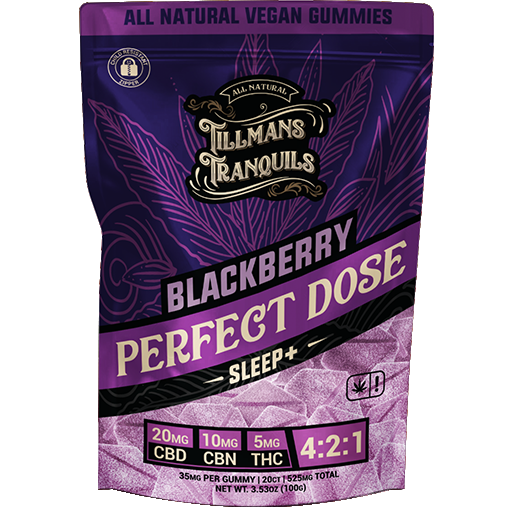How Many Mg Thc Gummies For Sleep

The quest for a good night's sleep is a universal pursuit, yet for millions, it remains elusive. In recent years, THC gummies have emerged as a popular, albeit controversial, sleep aid. But with a market flooded with varying dosages and a lack of definitive scientific consensus, the question remains: how many milligrams of THC are truly effective, and safe, for sleep?
This article delves into the complex relationship between THC gummies and sleep, exploring the factors that influence optimal dosage, examining existing research, and highlighting the potential risks and benefits associated with using cannabis-infused edibles for insomnia. It will provide a balanced perspective, considering both anecdotal evidence and the limited, yet growing, body of scientific knowledge surrounding this increasingly prevalent sleep remedy.
The THC and Sleep Connection: A Complex Interaction
Tetrahydrocannabinol, or THC, is the psychoactive compound in cannabis that produces the "high" associated with marijuana use. While primarily known for its recreational effects, THC interacts with the body's endocannabinoid system (ECS), a complex network that regulates various physiological processes, including sleep.
The ECS plays a crucial role in maintaining homeostasis, influencing sleep-wake cycles, circadian rhythms, and even the subjective experience of sleep quality. THC's interaction with cannabinoid receptors in the brain can, in theory, modulate these processes, potentially promoting relaxation and reducing anxiety, factors that often contribute to insomnia.
Dosage: A Highly Individualized Affair
Determining the ideal THC dosage for sleep is far from a one-size-fits-all solution. Several factors influence how an individual responds to THC, including their tolerance, body weight, metabolism, and the specific formulation of the gummy.
Generally, experts advise starting with a very low dose, especially for those who are new to cannabis. A dose as low as 2.5mg to 5mg of THC may be sufficient for some individuals to experience a calming effect that aids in sleep. Others may require a slightly higher dose, in the range of 5mg to 10mg.
However, it's crucial to remember that individual responses can vary significantly. Some individuals are highly sensitive to THC and may experience adverse effects, such as anxiety or paranoia, even at low doses. It is always recommended to "start low and go slow."
The Science Behind THC and Sleep: What Does the Research Say?
While anecdotal evidence suggests that THC can be beneficial for sleep, the scientific evidence is less conclusive. Many studies investigating the effects of cannabis on sleep have been small, poorly controlled, or used different forms of cannabis and delivery methods, making it difficult to draw definitive conclusions.
Some studies have shown that THC can reduce sleep latency (the time it takes to fall asleep) and increase total sleep time. However, other studies have found that chronic THC use can disrupt sleep architecture, reducing the amount of time spent in REM sleep, a crucial stage for cognitive function and emotional processing.
Furthermore, the long-term effects of using THC as a sleep aid are still largely unknown. More research is needed to understand the potential risks and benefits associated with chronic THC use for insomnia.
The Role of CBD: A Synergistic Effect?
Cannabidiol (CBD), another prominent cannabinoid in cannabis, is often touted for its potential sleep-promoting effects. Unlike THC, CBD is non-psychoactive and does not produce a "high."
Some evidence suggests that CBD may help reduce anxiety and promote relaxation, indirectly improving sleep quality. Many THC gummies also contain CBD, often in a 1:1 or 2:1 ratio, based on the theory that CBD can mitigate some of the potential adverse effects of THC, such as anxiety or paranoia.
The interaction between THC and CBD is complex and not fully understood. Some researchers believe that they work synergistically, enhancing each other's therapeutic effects. However, more research is needed to fully elucidate the optimal ratio of THC and CBD for sleep.
Potential Risks and Side Effects: Proceed with Caution
While THC gummies may offer some benefits for sleep, it's crucial to be aware of the potential risks and side effects. These can include anxiety, paranoia, dizziness, dry mouth, and impaired cognitive function.
Long-term use of THC can also lead to tolerance, meaning that higher doses are needed to achieve the same effect. This can increase the risk of dependence and withdrawal symptoms.
Furthermore, it is essential to purchase THC gummies from reputable sources that provide accurate information about dosage and cannabinoid content. The unregulated nature of the cannabis market can lead to inconsistencies in product quality and potency, making it difficult to determine the actual amount of THC in a gummy.
The Legal Landscape: Navigating the Complexities
The legality of THC gummies varies widely depending on the jurisdiction. In some states, cannabis is legal for both medical and recreational use, while in others, it is only legal for medical purposes or remains completely prohibited.
Even in states where cannabis is legal, there may be restrictions on the sale and possession of THC gummies. It is crucial to be aware of the local laws and regulations before purchasing or using cannabis products.
Federally, cannabis remains a Schedule I controlled substance, meaning that it is illegal under federal law. This creates a complex legal landscape and can pose challenges for businesses operating in the cannabis industry.
Looking Ahead: The Future of THC and Sleep Research
As research into the therapeutic potential of cannabis continues to grow, we can expect to see more studies investigating the effects of THC and CBD on sleep. Future research should focus on identifying the optimal dosages and ratios of THC and CBD for different sleep disorders, as well as investigating the long-term effects of using cannabis as a sleep aid.
Furthermore, more research is needed to understand the mechanisms by which THC and CBD interact with the ECS to regulate sleep. This knowledge will help us develop more targeted and effective cannabis-based therapies for insomnia.
Ultimately, the use of THC gummies for sleep should be approached with caution and under the guidance of a healthcare professional. While they may offer some benefits for certain individuals, it is crucial to weigh the potential risks and benefits carefully and to be aware of the legal implications.


















